Adolescence is a time of significant growth and development inside the teenage brain and how teenagers spend their time is crucial to brain development. At Taminmin we provide plenty of academic stimulation through our core and elective subjects that are both hands on and technical. In year 8 students nominate areas of interest from a list of elective subjects that is diverse enough to nurture your child’s creative interests and talents.
Students in Year 8 are arranged in Homeroom groups and remain in these groups for their core subjects and for their wellbeing sessions.
The Year 8 timetable consists of the five core subjects: English, Mathematics, Health and Physical Education, Science and Studies of Society and Environment (SOSE). Students nominate two elective subjects each semester as they start to explore their areas of personal interest.
All our Year 8 learning programs follow the Australian Curriculum (ACARA).
At Taminmin we value and cater for diversity for more information see Inclusive Education
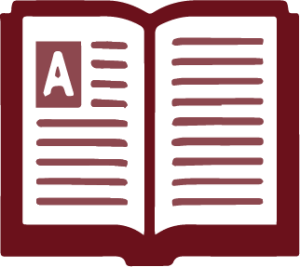 English
EnglishStudents examine and respond to a range of written genres, explaining how text is influenced by context and purpose. Students plan, write and publish texts including a comedy text and podcast. Students engage with a novel study, analysing a variety of literary techniques. There is a leading learners program for available for this subject.
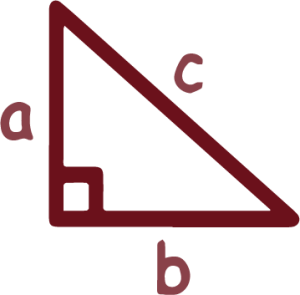
Mathematics
Students expand their knowledge of geometry by working with circles and Pythagoras’ Theorem. They work on proportional thinking and link this to algebra through linear graphing. Further skills in algebraic manipulation are developed. Students’ knowledge of data distributions is enhanced in statistics and probability. There is a leading learners program for available for this subject.
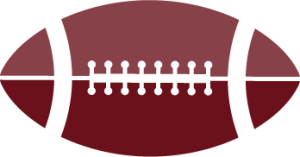
Students analyse factors that influence identities, emotions and responses to change, and describe strategies to respond to these influences. They analyse how stereotypes, respect, empathy and valuing diversity influence relationships. Students investigate the effectiveness of assertive communication strategies, protective behaviours and help-seeking strategies applied online and offline. Students apply and transfer movement skills and movement concepts across a range of situations.

Students study cells, organs and systems in plants and animals. They explore energy transfers and transformations. Students investigate chemical changes using the particle model. They study the rock cycle, plate tectonics and continental drift. There is a leading learners program available for this subject

Students develop their inquiry, source analysis, data interpretation and communication skills. Students learn about the history of Medieval Europe and complete a case study of expanding contacts in the early modern world. Students develop their understanding of landscapes and landforms, urbanisation, how businesses adapt, the formation of government, and how laws are made. There is a leading learners program available for this subject
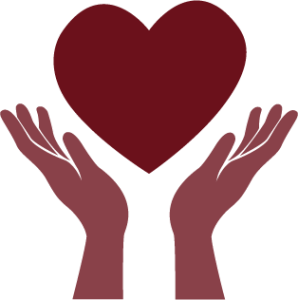
These weekly wellbeing sessions help students improve personal management and social management skills. They look at the impacts of social media and body image to develop a strong sense of self and an ethos of caring in the community

Focused on horticulture, learn to maintain and design a garden using the schools vegetable patch and fruit orchards
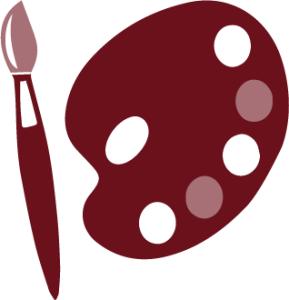
In Year 8 Art, students develop more skills in various media while deepening drawing skills and gaining an understanding of 3D art forms. Students are exposed to the Principles of Design and learn how artists use these to organise elements in art works. Students learn sculptural techniques including ceramic arts making clay sculpture that responds to a prescribed theme.
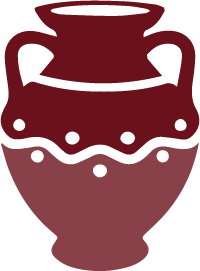
In Year 8 Ceramics, students begin to understand and explore the foundations of ceramics and pottery. Through hands on learning and investigations students will understand the stages of clay and the process of creating ceramics works. Students will learn the design process and will create 2D works in their visual diaries that will be transformed into 3D works. Students learn about and experiment with different finishing and glazing techniques.
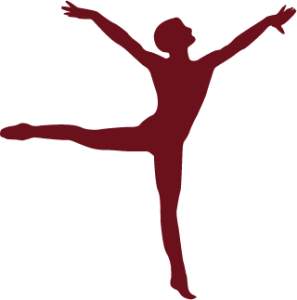
Explore and interpret Commercial Dance as an art through choreography, performance and appreciation

Learn basic computer game coding, Adobe image editing, and program Lego robots

In Year 8 Drama, students will extend their skills in Drama through creating and responding to a range of presentations that will be performed to a small audience. They will begin to analyse the elements of Drama through these presentations.

In Year 8 Cooking, Students develop knowledge and understanding to make healthy choices about food and nutrition. Focusing on food processing, preparation and presentation that can support healthy eating choices.
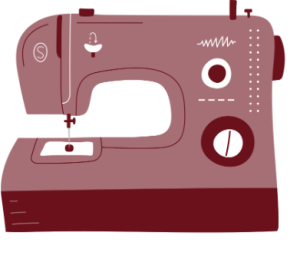
In Year 8 Textiles, students gain knowledge, understanding and skills in aspects of design and technology and textiles. Students learn basic skills including tools and materials, general safety, machine and hand sewing skills, fabric dyeing techniques and fabric construction techniques. This unit consists of theory and practical components and leads to the construction of products.
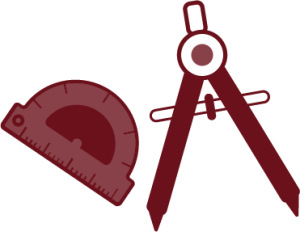
Understand design thinking. Build solutions using 3D printing, laser cutting and woodwork techniques.

Learn to appreciate other cultures and value diversity. Students learn some Spanish so they can speak to each other in a different language
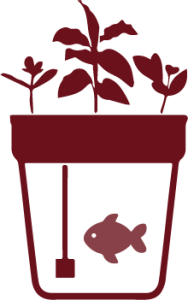
Study fish anatomy and habitat. Manage and design aquaponics systems

In Year 8 Music, students will choose an instrument to focus on, and work on a solo performance that will be presented to the whole class showing how playing technique has developed. Students will also begin to analyse the music of Australian artists. In addition, students will begin to compose their own music.
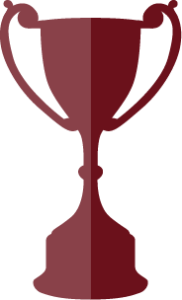
Students learn to apply more specialised movement skills and complex movement strategies in AFL (Australian Football League) and NRL (National Rugby League). Students gain an understanding of human functioning and physical activity in both sports. They learn with an awareness of the sporting communities structures and practices that influence participation in physical activity. Students explore their own physical capacities and analyse performance, health, and lifestyle issues. They develop skills in communication, investigation, and the ability to apply knowledge to AFL and NRL practical situations.

Understand fitness as a life ethos. Participate in fitness activities. Investigate coaching techniques